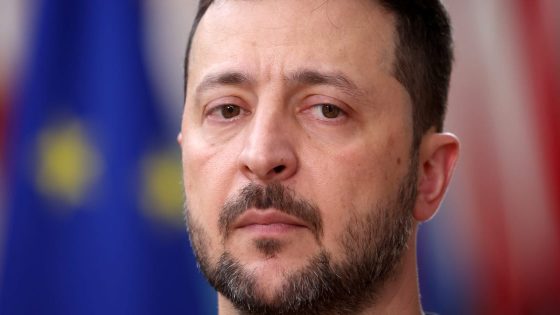Chinese President Xi Jinping and Brazilian President Luiz Inácio Lula da Silva are set to attend the May 9 celebrations in Moscow, marking the Soviet Union’s victory over Nazi Germany. This event, significant for its historical context, is drawing international attention amid ongoing tensions in Eastern Europe.
- Xi Jinping and Lula da Silva to attend celebrations.
- Medvedev labels Zelenskyy’s statement provocative.
- Threats made regarding Kyiv's safety on May 10.
- Putin announces a three-day ceasefire.
- Kyiv calls for an unconditional ceasefire.
As the date approaches, Russian President Vladimir Putin has announced a three-day ceasefire starting on May 8. However, Ukraine’s President Volodymyr Zelenskyy has dismissed this as a manipulation, calling for an immediate and unconditional ceasefire instead. The situation escalates with Dmitry Medvedev’s threats, labeling Zelenskyy’s statements as provocations.
This situation raises critical questions about the stability in Eastern Europe. Will the ceasefire hold, or is it merely a strategic ploy? As leaders gather, the implications for U.S. foreign policy are significant.
- Global leaders are uniting amidst rising geopolitical tensions.
- Putin’s ceasefire announcement may be a tactical maneuver.
- Zelenskyy’s call for a genuine ceasefire reflects Ukraine’s precarious position.
- International responses could shape future diplomatic relations.
As the world watches, the outcomes of these discussions could redefine the geopolitical landscape. Will diplomacy prevail, or will tensions escalate further?



























